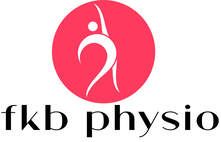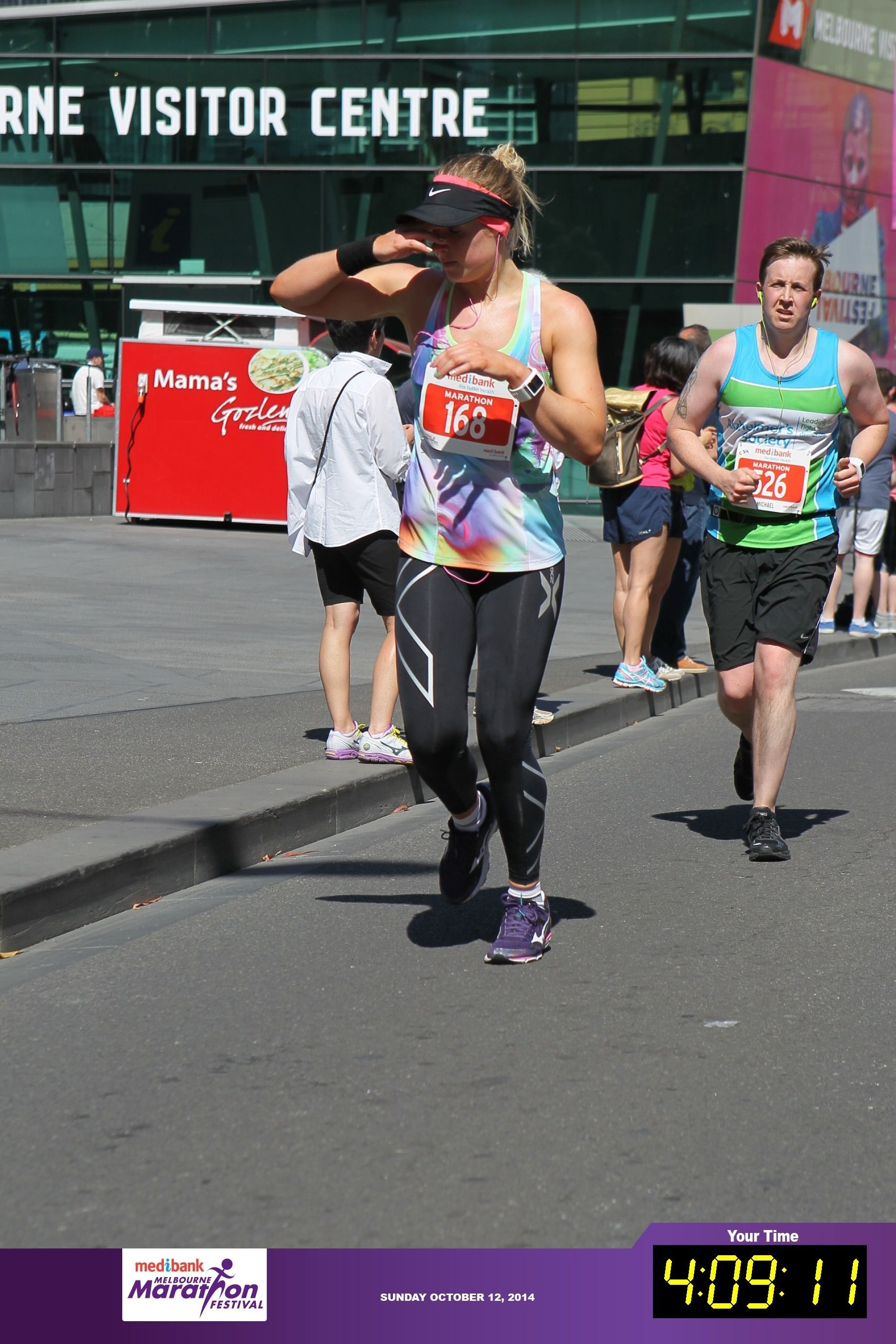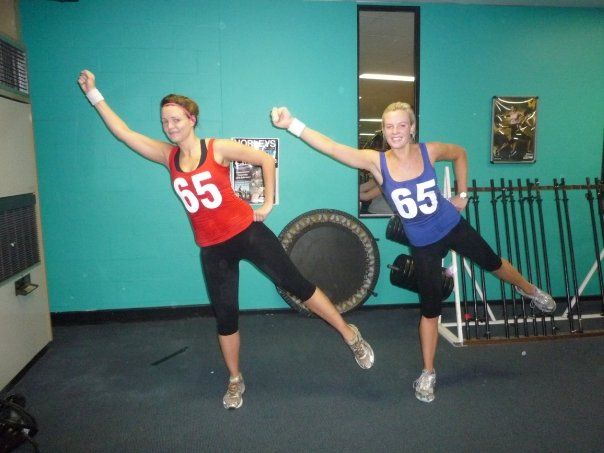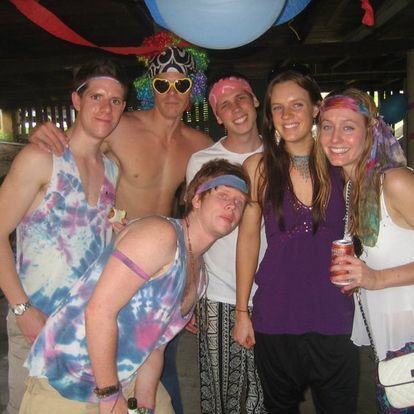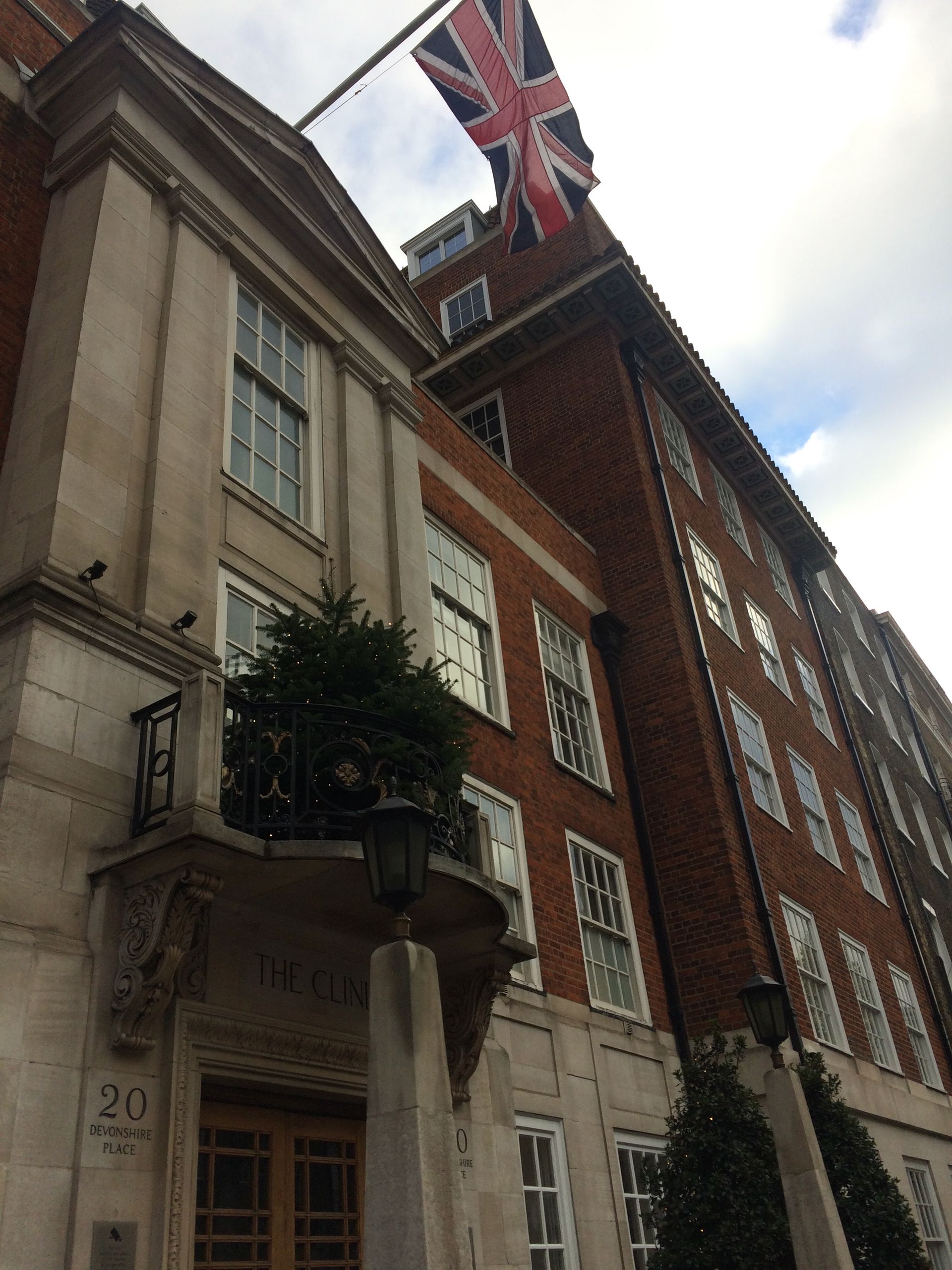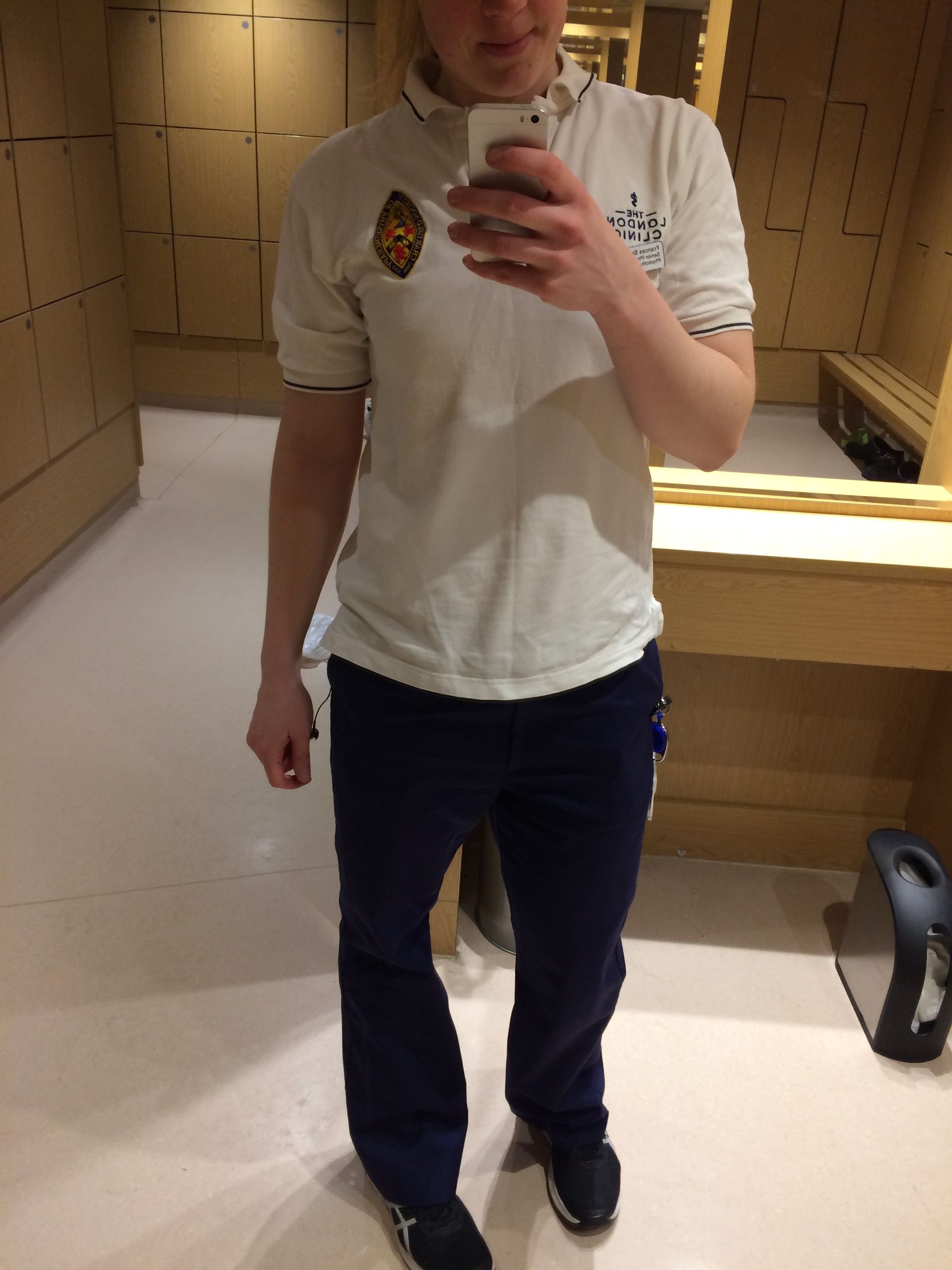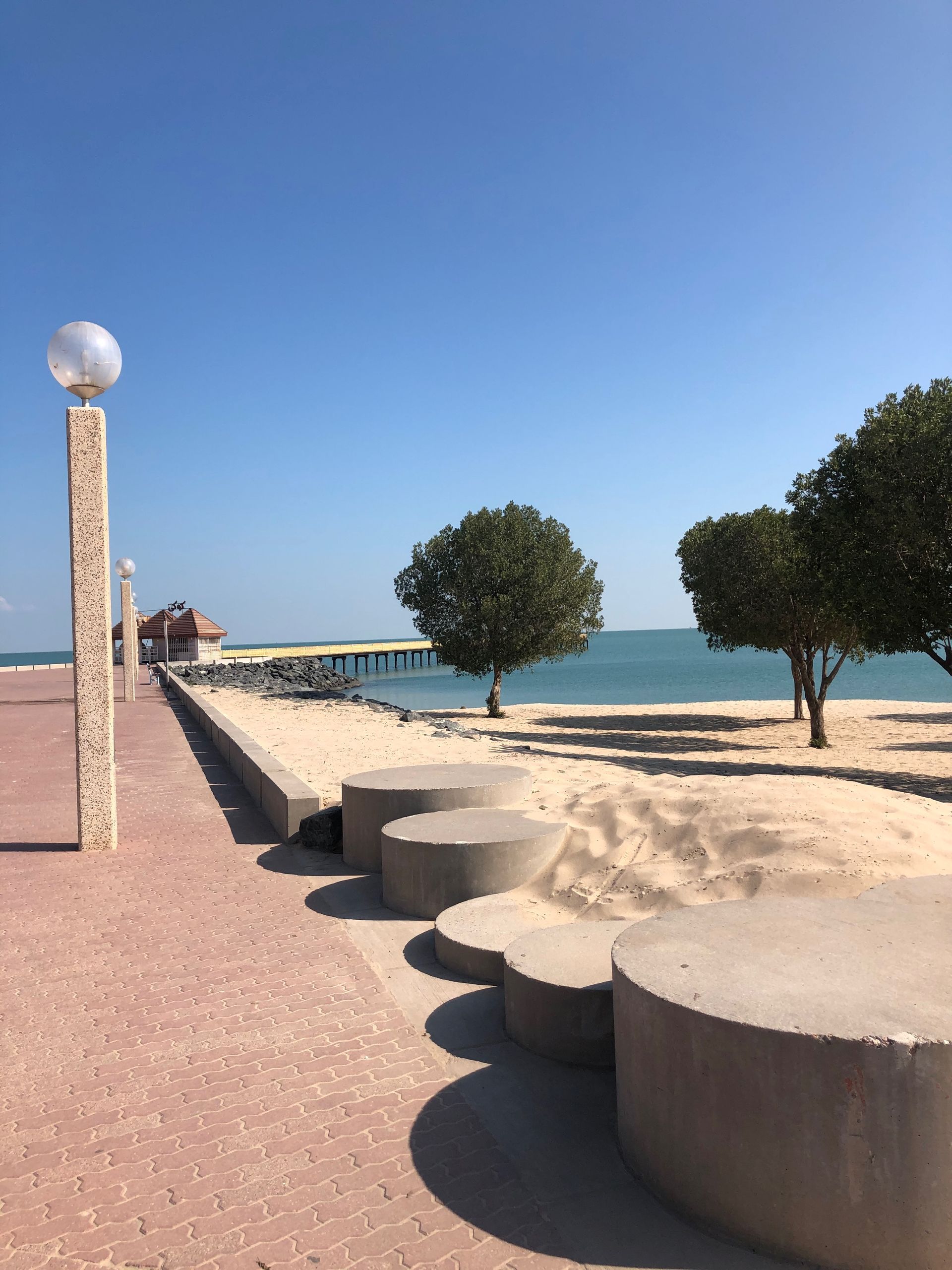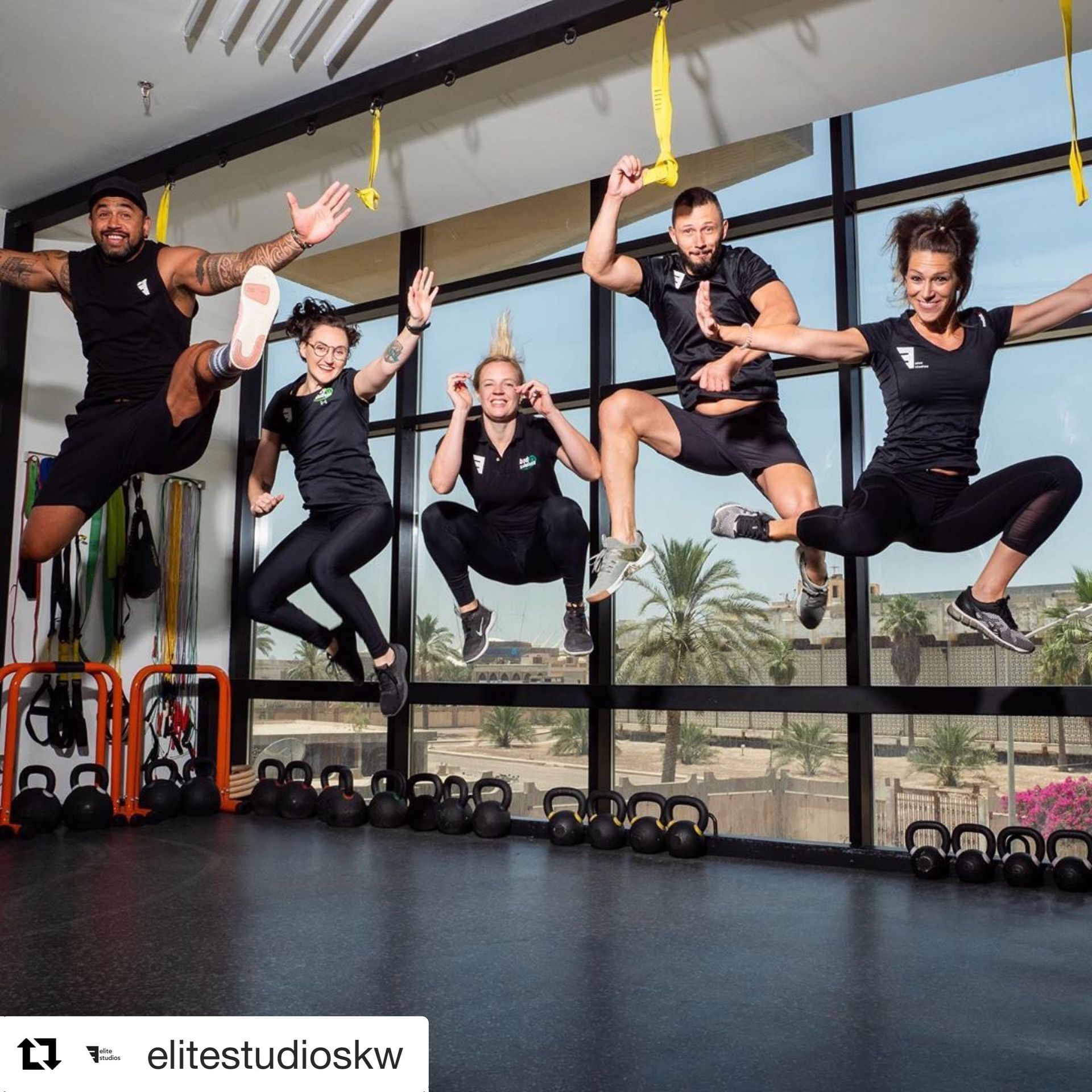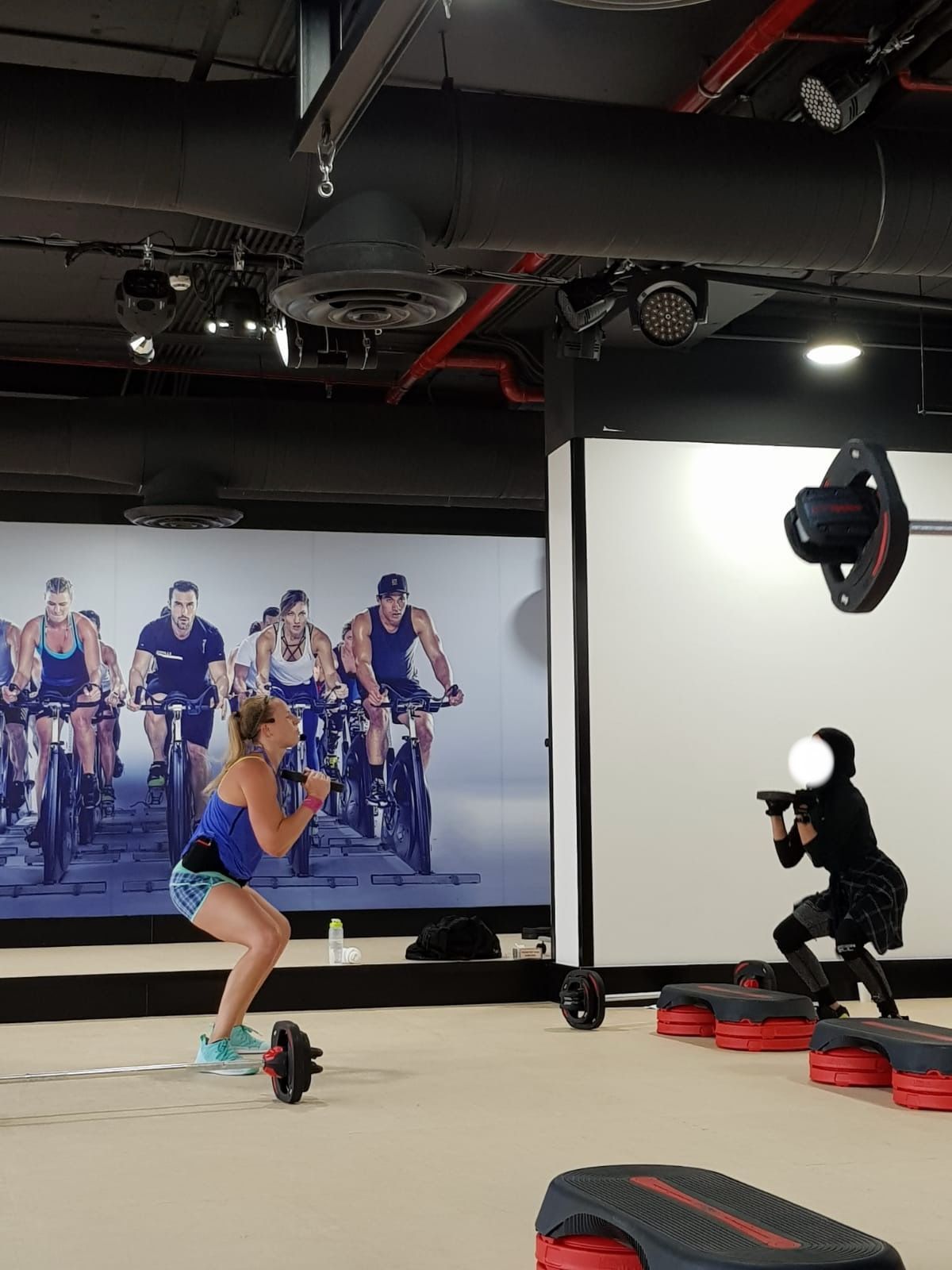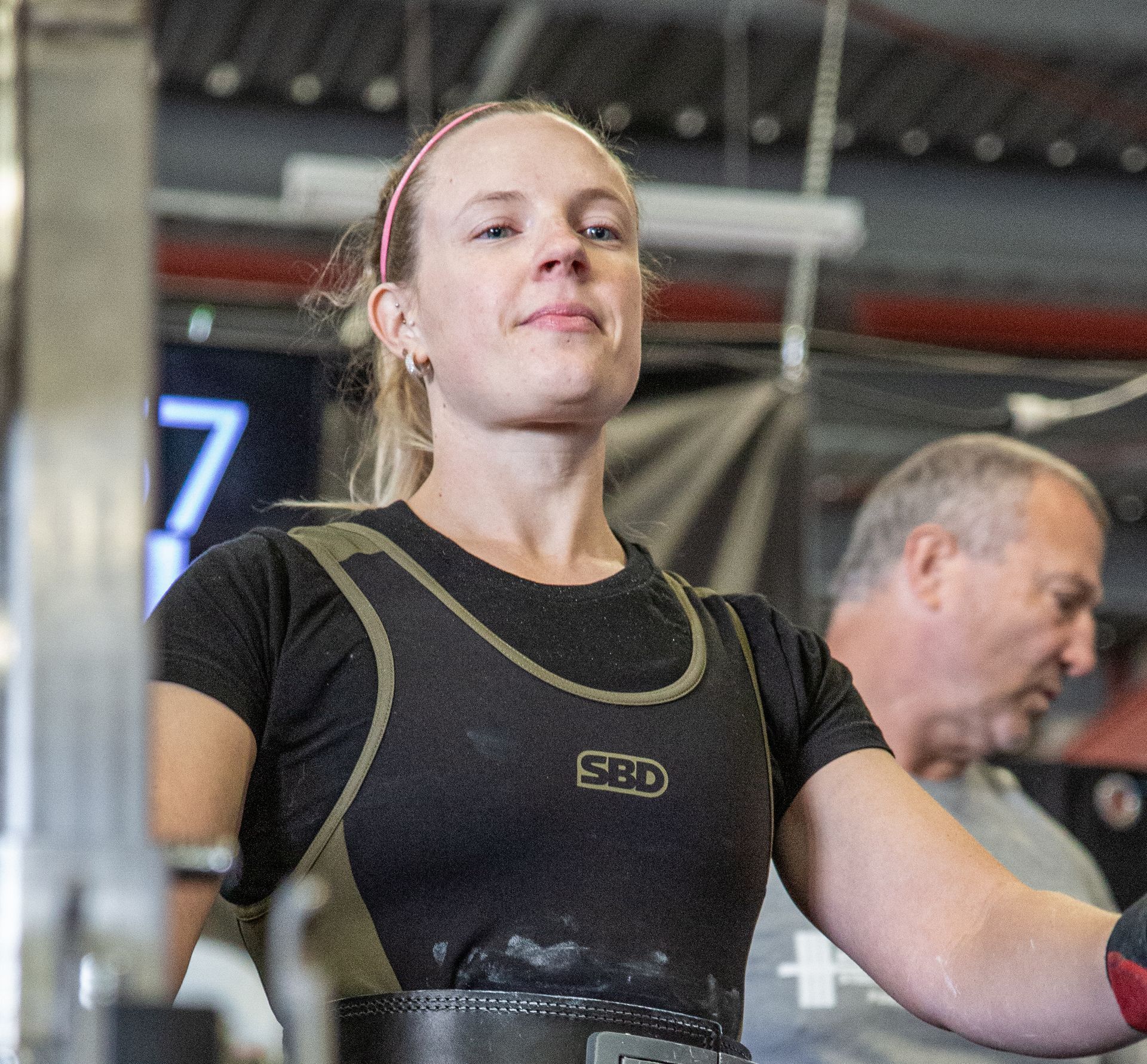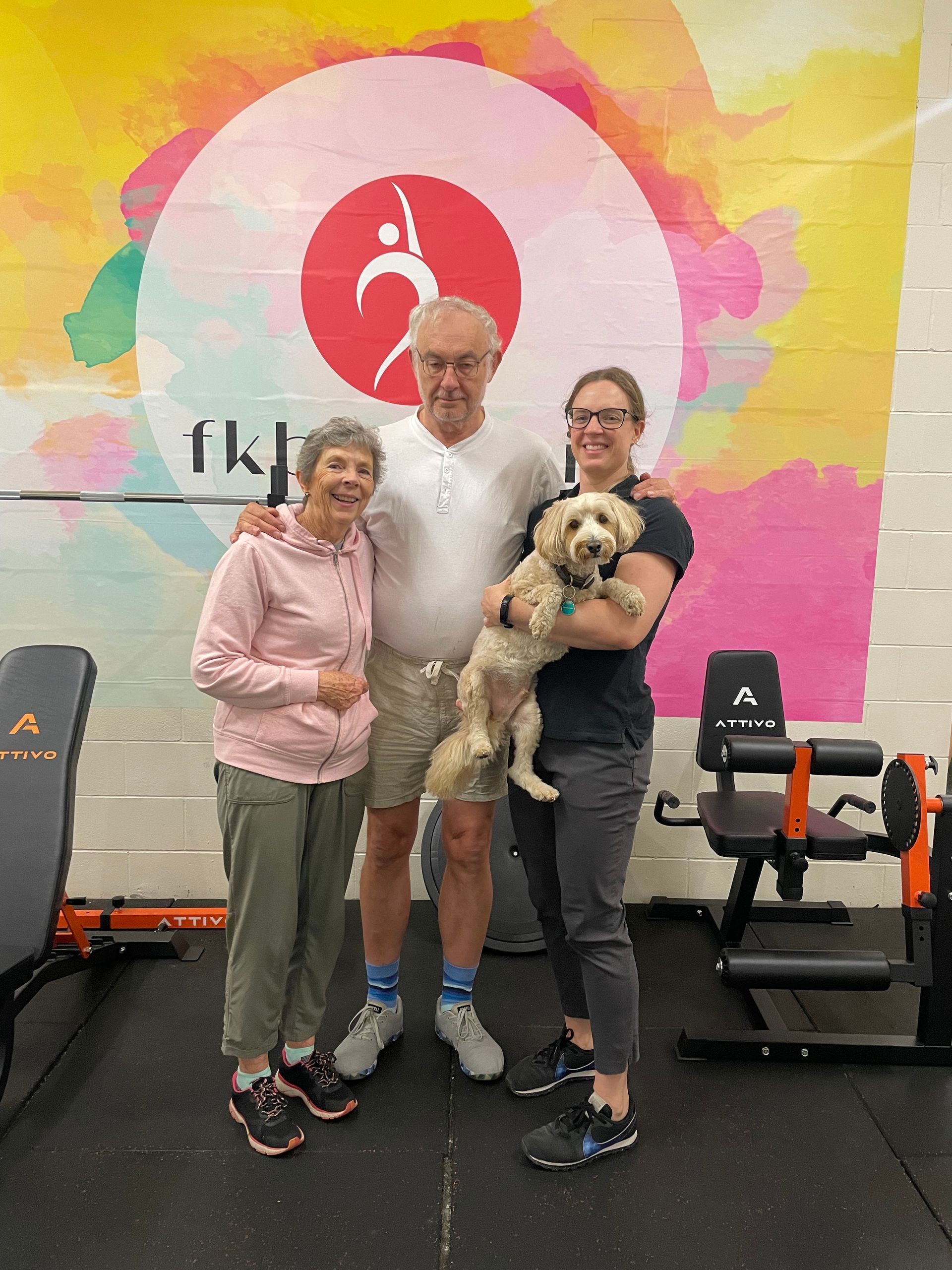FKB Physio is 3. Here's the backstory
On the third anniversary of opening FKB Physio I thought it would be timely to reflect on my journey and share some of it with you. It may surprise you to know there was a time when I truly believed I had made the wrong choice in selecting physiotherapy as my career and was on the brink of quitting! How much things have changed since then.
Why I became a physiotherapist
I decided to study physiotherapy when I was actually in first year engineering. It never occurred to me at school that I might want to be a physiotherapist. I associated physiotherapy with girls who were sporty, which I was not. I was always more interested in the academic side of school. That said, I did play sport. I played tennis consistently (thanks to dad who took me to all my games on the weekend and encouraged me to keep it up!), and from memory I also played softball and volleyball, though absolutely did not take them seriously and probably selected them because they were easy.
I was also lucky enough that my parents somehow introduced me to the local gym (what is now Goodlife Ashgrove but was then Ashgrove Body Designers) and I think from about grade 10 I had a membership and would go to body combat, body balance, and body attack. I remember my fitness gradually going up each year so that by year 12 I actually placed in the top 10 in the cross country, simply because I ran the whole way and almost no one else did!
I was all set to become a software engineer when I finished school, however, I found the course extremely boring and the mathematics was beyond me, despite thinking I am a fairly mathematically oriented person. I went along to a lecture with a friend who was studying human movements (a biology lecture, from memory), and found it more interesting than anything I’d learned in my course!
At the 6 month point, halfway into my engineering first year, I decided it wasn’t for me. At that time, I’d also started going to Body Attack and Body Pump ALL the time at the gym, as well as running to and from classes in my dunlop volleys that I wore to work (in the Coles Deli). Unsurprisingly, I developed shin pain and went off to the physio to sort it out. This event, combined with my dissatisfaction with my engineering degree, and attending that lecture with my friend, made me decide to try swapping to physiotherapy instead. I also became a group fitness instructor in the 6 months between finishing engineering and starting physio, a job which I still do now.
The course change was absolutely the right decision. I enjoyed physiotherapy immediately, though I found having to interact with people in such a close and fairly intense manner extremely challenging. I am an introvert and a perfectionist, and those things are pretty hard to manage at 18 as it is, let alone in a university course that demands you perform assessments on your classmates in exams!
I repeatedly was called out
for being too blunt, too rude, too cold, unapproachable, unfriendly, and being unable to form a rapport with clients. In fact I think I actually had a ‘fake’ patient that we had at uni (for practice) complain about me to one of our lecturers. Not off to a great start in the profession!
Here's a few photos from back in the day!
What made me disillusioned with physiotherapy
I worked in private practice in Brisbane and Melbourne for the first 5 years after I graduated. I couldn’t tell you what I really was doing in probably the first 3 of those, as once again, I found the entire process of people paying me for my time and experience extremely stressful and daunting as a young new-grad. But as my career went on, and I got comfortable enough to allow my brain to think about what I was doing a bit more, I started to find some issues with how we were practicing. I honestly never understood the focus on manual therapy. I never really got why it was supposed to help people.
We were taught at uni that manipulations (chiropractic cracking) and massage were both not evidence based, but apparently performing the same sorts of movements but at a lower velocity (joint mobilisations, which is what physiotherapists do) were fine. This did not make sense to me!
I also didn’t understand the fact that at uni, we were barely taught massage, and were not allowed to use it as a treatment modality in exams, and yet in practice as a physio, massage was expected and performed on nearly all patients. People would come in and ask for a sports massage, which again, didn’t sit well with me, as it didnt feel like my job or my role. The fact that people decided whether to stick with me or not based on whether or not I was good at massaging did not really seem like what I should be doing. I specifically remember going to a course one weekend and being asked if the course taught us how to ‘get in deeper with our massage’. That was actually from a receptionist at one of my workplaces. I have no qualms with massage therapists, but it did not feel right that I was continually confused with one.
Another issue that slowly arose was that I could see we were quite good at getting people to feel better soon after a new onset of pain, but not very good at preparing them to get back to their full capacity. For example, I remember having a patient who hurt her lower back doing burpees. We would do some massage (and “joint mobilisations”), tape her back, get her feeling normal again, and perhaps do some generic pilates exercises, and inevitably she would hurt her back again. There was no direction towards getting her back to burpees, specifically, or doing anything really hard enough in rehab to get her to where she needed to be.
Now I know not all physios in my position would have struggled to appropriately clinically reason a valid exercise program for these people in the way that I did, but I just felt that there was absolutely no focus on this type of thing in the physio circles I was moving in, and rather a lot more focus on treatments that involved lying on the bed, or doing pilates exercises that were not specific or hard enough to make any real difference. I was only ever really questioned about why patients didnt come back more times, or why I wasnt bringing in enough money, and never about why my exercise prescription wasn’t tailored enough, or my rehab plans detailed enough.
This struggle to make sense of what I was doing, combined with short, 20 minute, back to back appointments eventually wore me down to the point where I thought I’d picked the wrong career, and that my introverted self was not meant to be a physio.
At this point, I decided to try moving to the UK for a working holiday.
The road to how I practice now
In the UK, all physiotherapy is covered by the NHS, which means it is free of charge to the individual. Remove the pressure to make money and notice the difference it makes to the profession! Immediately the type of treatment offered was completely different and the focus more on seeing the person when they really needed to be seen, with no financial incentive. I got to work in a chronic pain and shoulder instability team at a large orthopaedic hospital in the UK and that was probably the most eye opening experience I could have had.
These people had often received years of standard physiotherapy care: massage, light stretches, basic exercises, etc, with no improvement. We basically considered that they had not had any rehabilitation as yet when we met them.
This more hands-off approach (no, that does not mean not putting hands on at all, or not assessing people properly using hands on assessments, it means hands off in terms of treatments used) worked towards finding a baseline that a person could tolerate and increasing their movement from there made a WHOLE lot more sense to me. For the first time, I could see real logic to what I was doing.
Fast forward a few years and when my visa ran out I moved to Kuwait in the Middle East, working as the sole physiotherapist in a team of personal trainers. Despite having gone to the gym consistently for years, I had actually had fairly little exposure to personal trainers. I’d started lifting weights fairly consistently while in the UK and I started noticing more and more that the exercises I would do myself were really different to the ones id give my patients. I also noticed that the ‘physio exercises’ I’d give to my patients were much more unnecessarily awkward and difficult than the exercises I would be doing.
Like, I would personally find it really difficult to do a prone W or Y exercise, and would never warm up my shoulders with band exercises before lifting, but I’d prescribe this to my patients. I would often think I was strong at general exercises, like push ups or overhead press, but really weak at physio exercises, like external rotations or something, or anything that involved external hip rotation…. And eventually… I started thinking… wait a minute, I’m just strong. The physio exercises are irrelevant. Who cares if I can’t do a very isolated random movement that is apparently important when I can do everything else?
I ended up googling these sorts of questions, like, do activation exercises do anything, or are trigger points even real, and I stumbled across Adam Meakins’s blog. I would say it was finding his blog that was the second huge change in my practice, alongside working in the NHS. (Co-incidentally, Adam also works in the NHS, though I don’t actually think the link is why I found both things helpful!)
Adam had all the same questions and discomfort I had, but had already worked through it, clinically reasoned it out, researched his way around it, etc, and put some real weight behind why he had the questions he did. It was finding him that made me feel compelled to continue to practice and have confidence to change how I did things.
Working in Kuwait in the gym with personal trainers gave me a great opportunity to perfect my exercise perscription skills. I did a PT course, worked with a PT, and read a lot about programming and started to get the hang of providing full gym programs and rehab programs for people that were actually hard enough to get them back to their prior selves.
I also found that as I got older, I became more comfortable working with people. I realised what is true about myself is that I really, really care, a lot, about a lot of things, including other people, and that despite being sometimes awkward or not as relaxed as other people, truly caring about a patient’s well-being is probably one of the most ideal traits of being a physiotherapist. I also came to realise that a lot of people were not performing ‘perfectly’ at their chosen professions; other gym instructors weren’t perfect, neither were other physios, and it was ok. This helped me to give myself a bit of a break and relax a little more, which helped me to enjoy my job a bit more too.
The birth of FKB Physio
When I came home in 2020, I decided to start my own business because I couldn’t find a single job that advertised a physiotherapy role like the one I wanted. Almost all the job ads listed dry needling and pilates as major components of the role, and I just couldn’t bring myself to go back to practicing in that way.
I started my own business renting a room out of a local gym and started hosting bone density classes for my parents, who brought along their friends, and that has now grown into nearly 20 bone density classes per week. Bone density classes are so ful-fulling to me for so many reasons. Firstly because they make sense - we know that loading the bones with resistance training is likely to be beneficial for their density. We also know that there are irrefutable other benefits that come from lifting weights, like the reduction of muscle loss, maintenance of balance, and reduction of falls risk. To me it is a no-brainer to offer this type of service. On top of that, it’s fun, and people get to make really exciting gains! Some of my women have made mind blowing progress in the time I’ve known them, and it is really great to get to see that on an average day at work.
I also completed my Master of Sports Medicine through Melbourne uni from 2020-2022 which means I can call myself a Sports & Exercise physio. The main thing I got from the course was being much better at critically analysing research and applying it better to my practice. After being out of uni for 10 years I think it was the perfect way to re-focus on this.
I still see physio clients, though I tend to mainly attract those who have tried lots of other things that haven’t worked - which is how I like it. I have heaps of time for my appointments. I have an hour for initial assessments, but sometimes I will take even longer if I think the person needs more time to get out their story. For people who have been battling pain for a long time, sometimes their story can take 40 minutes to go through. I have no idea how clinics with 30 minute appointments are meant to facilitate this, but then again, I assume they probably aren’t. Busy clinics with short appointments are perfect for people with quick problems like a stiff neck. That’s not what FKB Physio is really here for.
I like working with people to figure out how we can get them back to where they were before they developed their pain. Often this is working with them to figure out just what they want to be doing and a plan to get them back to it. This is different to trying to fix their problem.
Ill give you an example.
Imagine someone with knee pain, who has been told they have a meniscus tear. They want to be able to run again.
“Fixing” the injury approach: surgery to fix the meniscus, try returning to running once healed from surgery. (Note, often people do not do any real rehab after this and never get back to their sport).
Person/goal centred approach: a rehab program targeted at gradually building the strength and tolerance of the knee to be able to handle running. Whether or not this involves surgery at some point will depend on the patient, as people with meniscus tears can often return to running with or without surgery - it depends on the person, but all treatment should be directed towards returning to the desired activity, not at ‘fixing’ the pathology.
This may sound like a strange approach, but you would be surprised how many times people get suck on an endless merry-go-round of treatments to fix their injury and over time are getting further and further away from what they wish they could be doing, when really, they could be taking steps to get back to that right from day 1. Often trying to fix something, or waiting until it gets better, can lead to such a long period away from activity that it makes it extremely difficult to get back in.
Having no pressure to see patients a certain number of times, or get them back in sooner than I would like, makes my job extremely enjoyable.
My dream for FKB Physio is to continue working at the 2 locations I currently do, hopefully with a few more staff members. I want to change what physiotherapy means for people and provide a clear alternative to gentle exercises and passive treatments that don’t really get people anywhere after a certain point.
I love working with people and I can honestly say I never dread going to work, though I do get very tired and often a bit burnt out because of how seriously I take everything. Hoping to work on this to make sure I have longevity in this role!
Happy 3rd birthday to FKB Physio and here’s to hopefully many more to come.
